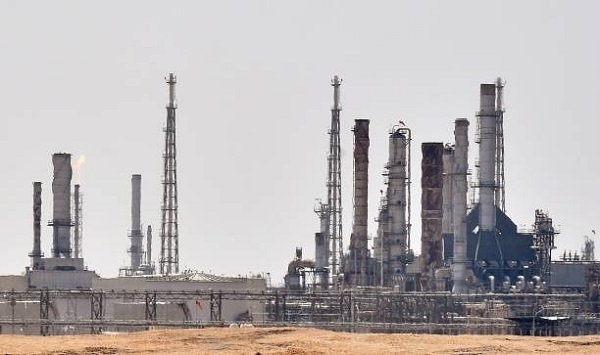Vienna, (Asian independent) The Organisation of the Petroleum Exporting Countries (OPEC) and its allies, a group known as OPEC+, has agreed to significant oil output increases in July amid calls for the alliance to help contain the surging oil prices.
The group on Thursday agreed to increase oil production by 648,000 barrels per day (bpd) in July, higher than its previous monthly increases of 432,000 bpd, Xinhua news agency reported.
The 29th OPEC and non-OPEC Ministerial Meeting decided to advance the planned production adjustment for September and “redistribute equally” the 432,000 bpd output increases for July and August, according to an OPEC statement released after the meeting.
The statement, however, did not confirm the 648,000 bpd production hike in August.
The OPEC+ production plan for August, according to the group’s practice, will be announced at its next ministerial meeting, which is to convene on June 30.
According to the statement, Thursday’s meeting noted “the most recent reopening from lockdowns in major global economic centres” and the expected capacity increase of global refinery after seasonal maintenance. The participants also “highlighted the importance of stable and balanced markets for both crude oil and refined products”.
OPEC+ slashed oil production massively in 2020, when the Covid-19 pandemic impacted demand.
In July 2021, the group agreed to raise oil output by around 400,000 bpd each month to gradually unwind the output cuts.
Before Thursday, the oil producer group had been sticking to its plan of gradual output increases, while ignoring repeated calls from major consumers, including the US, to open taps wider to rein in soaring oil prices.
Thursday’s decision came as crude prices remained high amid continued tight supplies, demand recovery and geopolitical tensions. Prices for both the West Texas Intermediate and Brent crude have hovered around $110 a barrel in recent weeks.
Earlier this week, the European Union decided to ban more than two-thirds of Russian oil imports, further heightening supply concerns.








